Trump's Gulf Tour Redefines Middle East Power Dynamics, Marginalizes Israel
- by Martin, Qatar 🇶🇦, RNG247
- about 5 months ago
- 154 views
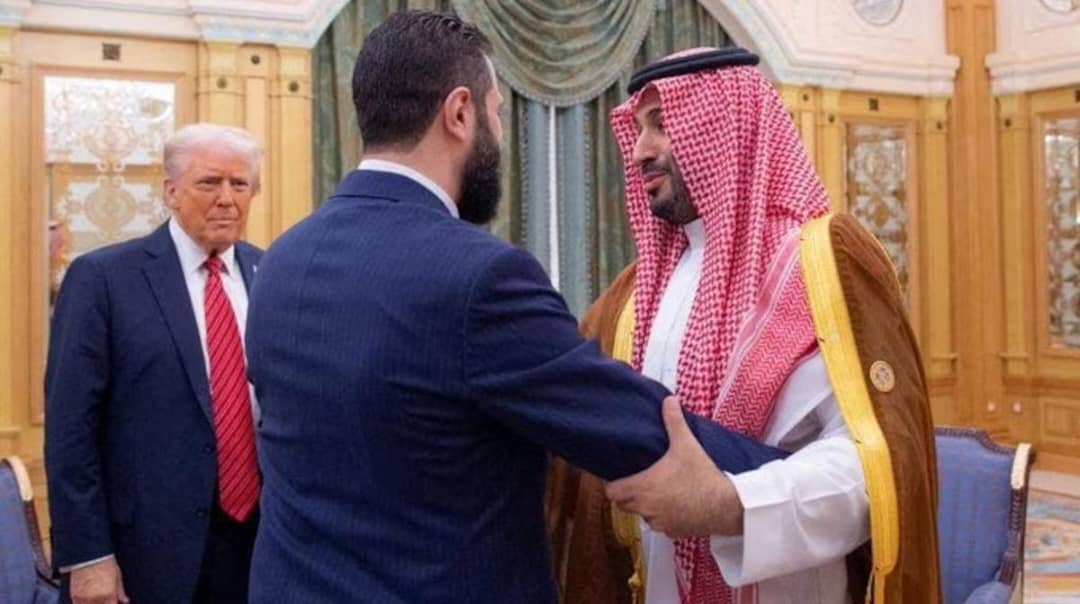
In a striking display of shifting alliances and emerging regional leadership, President Donald Trump’s recent four-day whirlwind tour through Saudi Arabia, Qatar, and the United Arab Emirates has significantly altered the Middle East diplomatic landscape. The trip, marked by high-stakes arms deals, economic agreements, and the forging of new alliances, signals a transition toward a Sunni-led regional order that increasingly sidelines Israel and diminishes Iran’s longstanding influence.
One of the most symbolic moments came in Riyadh, where Trump was photographed shaking hands with Syrian Islamist leader Ahmed al-Sharaa—an encounter that Israeli Prime Minister Benjamin Netanyahu would find particularly jarring. Israeli officials have long branded Sharaa as an "al-Qaeda terrorist in a suit," highlighting the stark contrast in regional relationships. Trump’s remarks afterward, describing Sharaa as “a real leader,” underscored a pragmatic, results-oriented approach that prioritizes diplomatic ledgers over ideological alignments.
The U.S. president's engagement with Sharaa was part of a broader strategy that underscores the rising influence of Saudi Arabia and its Sunni Gulf allies. These nations are now emerging as the true power brokers, leveraging economic strength and strategic diplomacy to reshape a Middle East traditionally dominated by Iran’s sphere of influence and Israel’s military posture.
This diplomatic realignment sends a clear message: in Trump’s view, U.S. support is no longer guaranteed based solely on long-standing alliances, especially when their policies diverge from Washington’s interests. The trip appeared to be a subtle rebuke to Netanyahu, who holds a policy stance at odds with the White House's more pragmatic, less ideological outlook.
Sources close to the administration indicate that frustration with Netanyahu’s approach—particularly his refusal to push for a Gaza ceasefire and his opposition to U.S. negotiations with Iran—has grown markedly. David Schenker, a former assistant secretary of state, noted, "This administration is very frustrated with Netanyahu and that frustration is showing. They’re very transactional, and Netanyahu isn't giving them anything right now."
While the White House maintains that its alliance with Israel remains firm, officials have privately expressed concern over Netanyahu’s recent policies, which reportedly hinder progress on regional stability and the broader U.S. strategy. Netanyahu’s opposition to ceasefire negotiations and his ongoing trial for corruption in Israel have only added to the disconnect.
The recent escalation in Gaza further complicates matters. Despite Trump’s earlier calls for a ceasefire—emphasizing the importance of hostages and regional peace—the Israeli government has continued its military offensive, with recent strikes killing hundreds of Palestinians. Netanyahu’s insistence on crushing Hamas, coupled with his refusal to outline a post-war plan, has drawn international criticism and created a diplomatic impasse, particularly with Riyadh, which remains hesitant to normalize relations until a Palestinian solution is in sight.
Trump’s emphasis on expanding the Abraham Accords—aimed at normalizing relations between Israel and Arab Gulf states—has faced significant hurdles. Saudi Arabia, a key player, has drawn a firm line: normalization will only occur once hostilities cease and a pathway to Palestinian statehood is established—conditions Netanyahu currently opposes.
Despite public denials of any rift, sources suggest that behind closed doors, the U.S.-Israel relationship is experiencing strain. Trump, confident in his own diplomatic trajectory, is forging alliances that prioritize economic influence and regional stability over traditional security guarantees. His visit underscored Saudi Arabia’s growing role as the new leader in Sunni Arab politics, utilizing its economic heft to influence regional power balances.
Iran’s decline, exacerbated by Israel’s military strikes and Tehran’s diminished regional role, has paved the way for Saudi Arabia to assume a more dominant leadership position. One regional source remarked, “Iran had the leading role; now Saudi Arabia has entered with other tools: the economy, money, investment.”
As the Middle East navigates this new landscape, the implications are profound: a reconfigured regional order driven by pragmatic diplomacy and wealth, potentially sidelining longstanding ideological allegiances that once defined the landscape.
The evolving dynamics mark a pivotal moment in Middle East geopolitics, with Washington’s strategic priorities taking a sharper, more results-focused turn—potentially ushering in a new era of regional stability, but also new challenges that will shape the landscape for years to come.




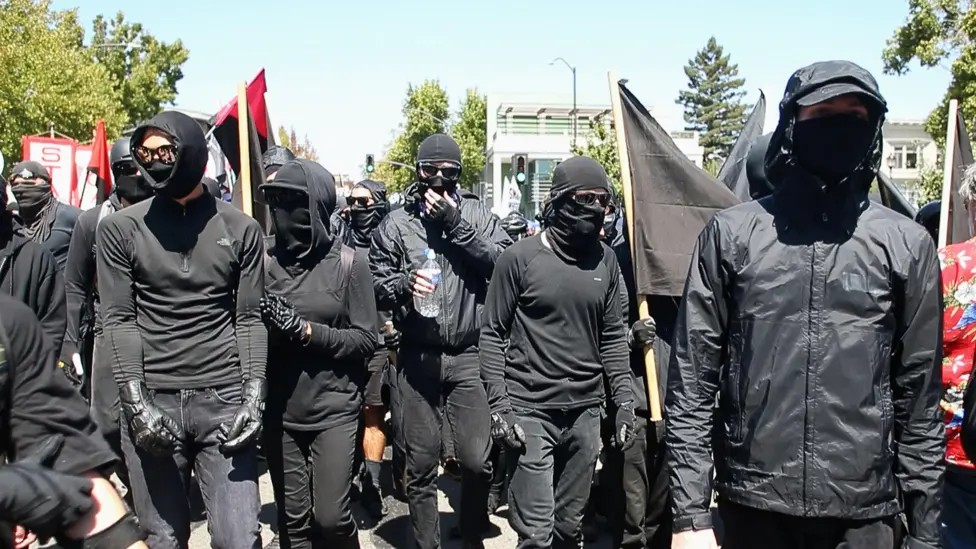


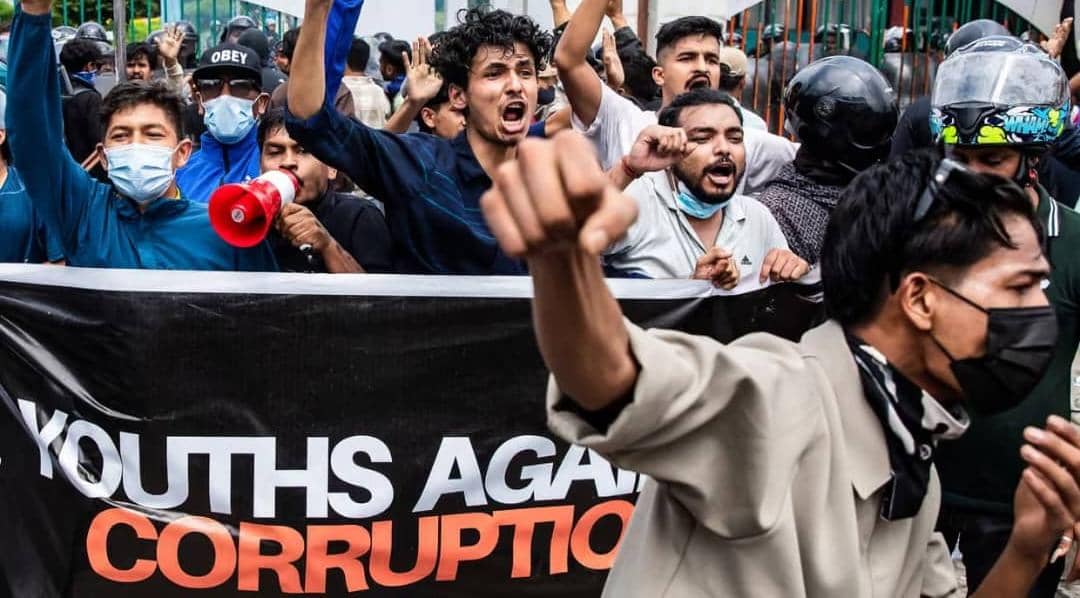
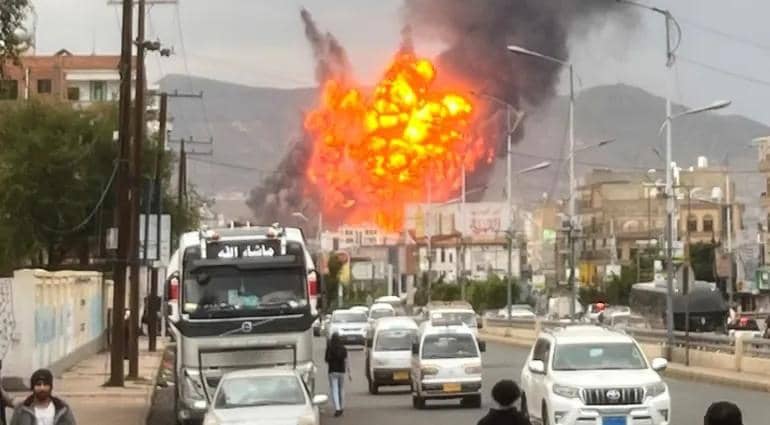
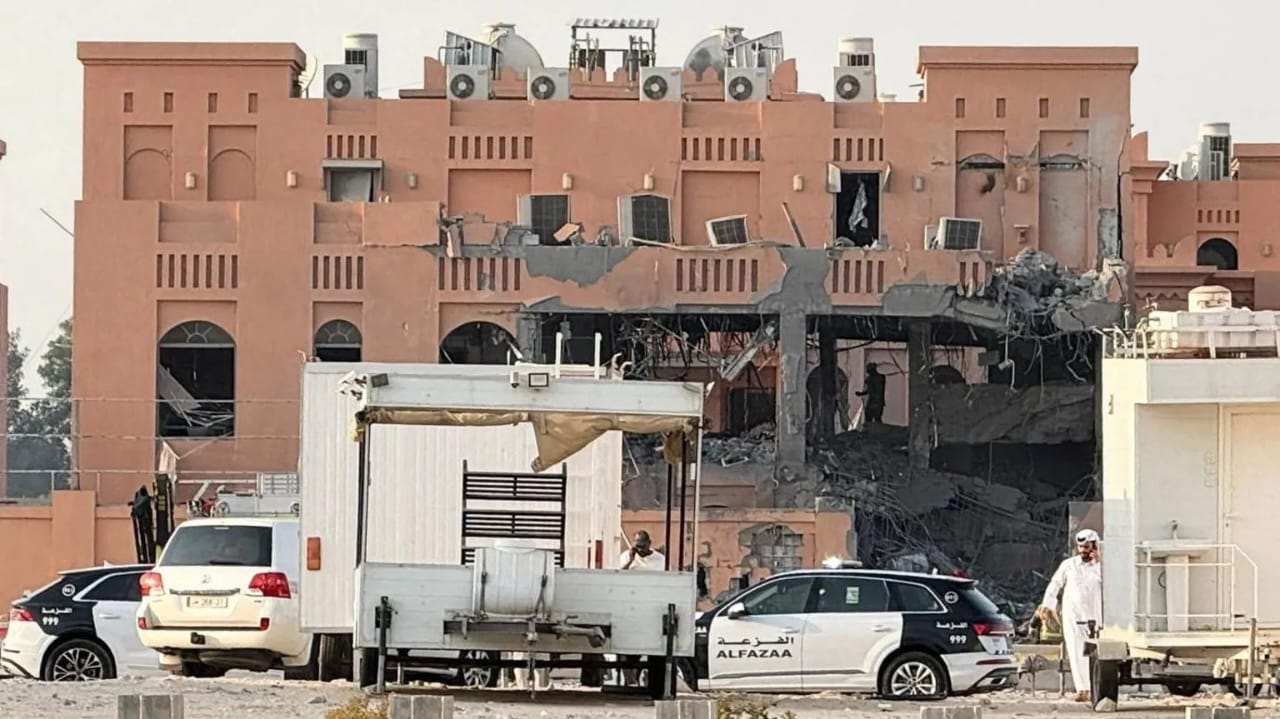
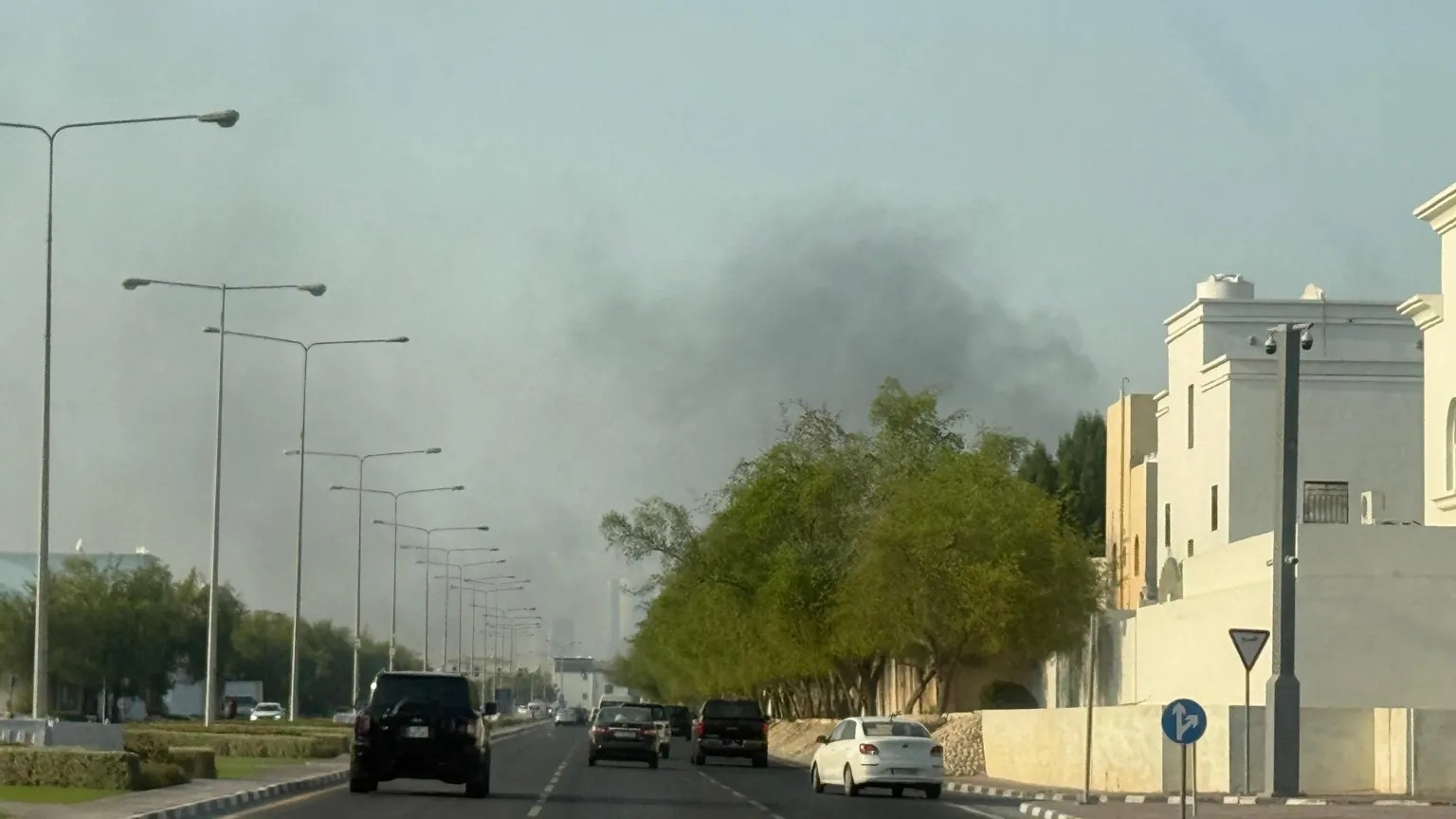

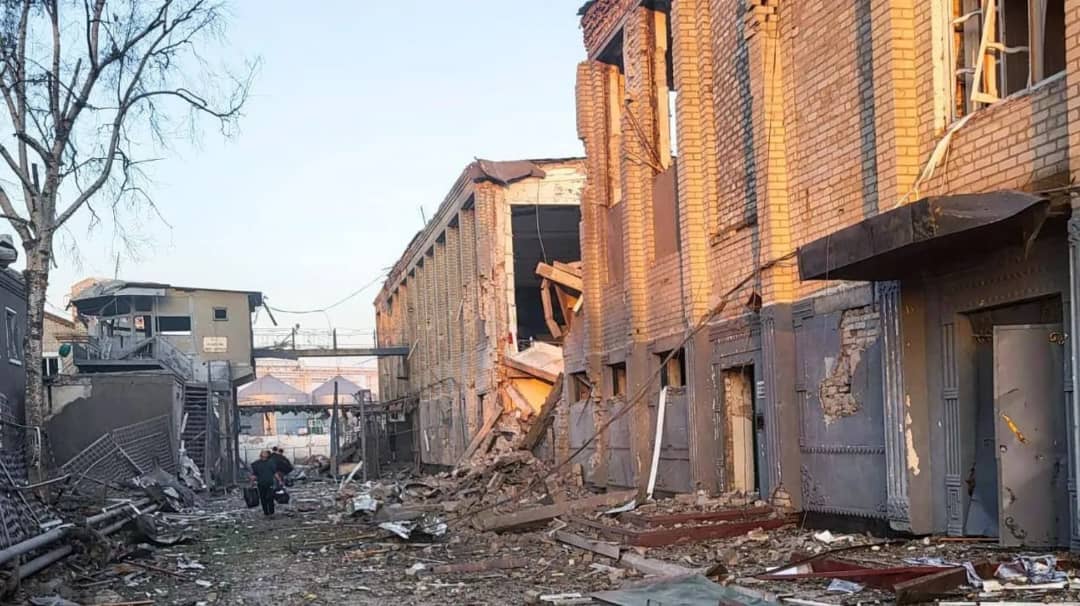

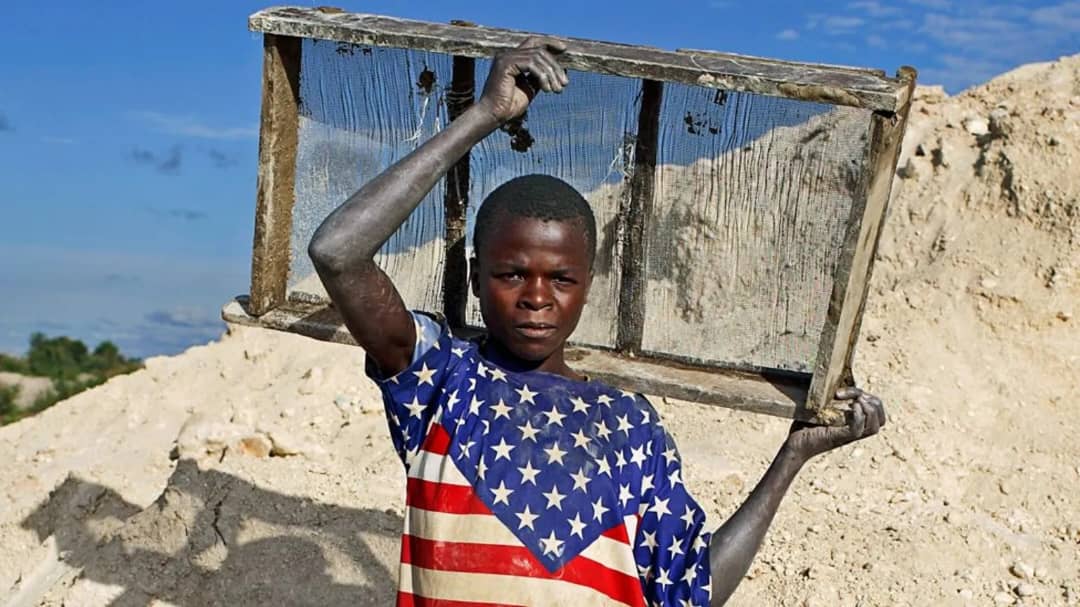

0 Comment(s)